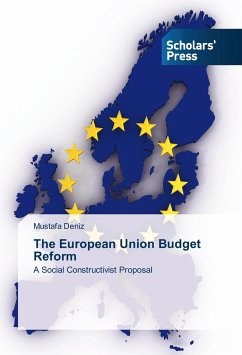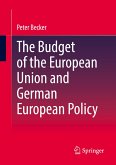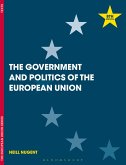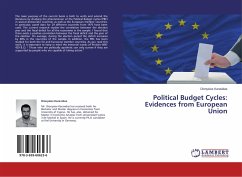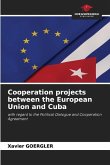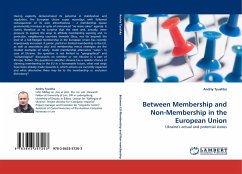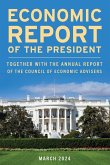The EU budget has emerged as a consequence of path dependent developments in its historical progress, which has dragged the European Union to a critical stage. It is rather challenging for the Union now to sustain the current structure of the budget, since it exposes impediments to continue with this structure in an enlarging and deepening Union. In spite of various reform proposals, there is no appropriate theoretical ground for the budgetary politics of the European Union to address the issue of strengthening the link between the European Union and its citizens. This study approaches the existing problems associated with expenditures and revenues of the current EU budget from the social constructive policy perspective with three major objectives. Firstly, it presents a historical evolution of the European Union budget in order to explore historical path dependent developments. Secondly, it offers a critical analysis on the expenditure and revenue sides of the budget. Thirdly, it introduces a social constructivist policy approach as an alternative to fiscal federalism.
